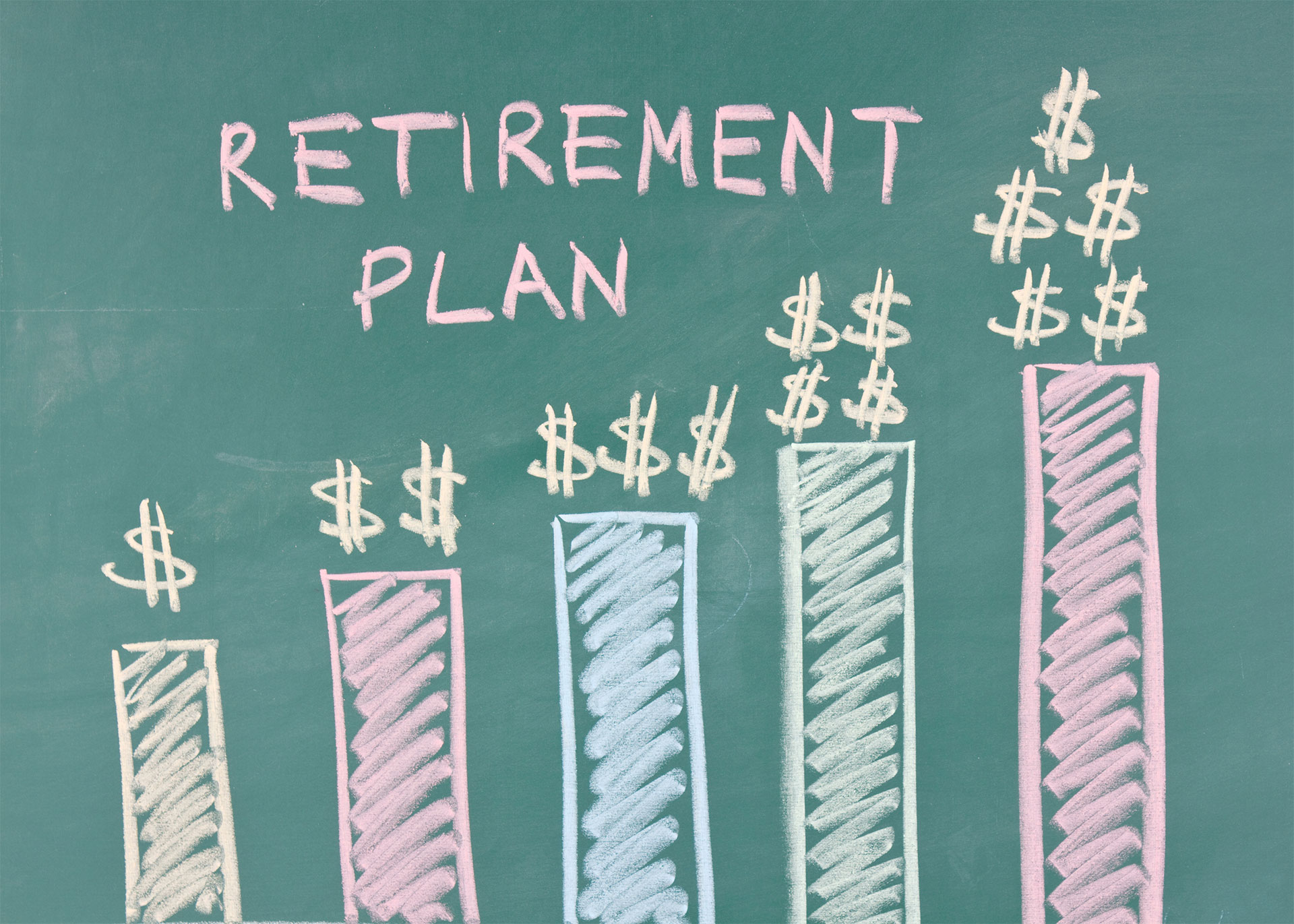What stage you are at?
Starting Stage
The starting stage of life will create a foundation for the rest of your life whether it’s your first investment or first home, first business or first job, next 10 years or so will determine the shape of your financial future depending upon your financial situation.

However, some common steps that may be taken at the starting stage include:
Building an emergency fund
Establish a savings account with enough funds to cover at least three to six months of living expenses in case of emergency.
Setting financial goals
Determine what you want to achieve through investing, such as saving for retirement or buying a second home.
Developing a financial plan
This may involve creating a budget, setting savings goals, and identifying sources of income and expenses.
Insurance
Having enough insurance coverage to protect your assets and income in case of unexpected events such as illness, injury or death.
Evaluating your debt
Create a debt reduction strategy, If you have more than one outstanding debt, consider working out how much you can repay on each, based on the minimum repayment owing. You need to think about the type of debt you have (an investment loan or personal debt) and how much is owing. If you only have personal debt, you could prioritise repaying debts with the highest interest rate first, given these will be costing you the most. Most important thing is that you make a plan and stick to it and that could mean making other changes.
Educating yourself
Learn about different types of investments and the markets in which they trade.
Assessing your risk tolerance
Understand how much risk you are comfortable taking on and what types of investments align with your risk tolerance.
Diversifying your portfolio
Spread your investments across different asset classes, sectors and geographies to spread risk.
Working with a financial adviser
Consider working with a financial adviser who can help you create a personalised investment, debt reduction, wealth creation plan while providing guidance on different choices.
Monitoring and reviewing
It is important to keep track of the investments, debt, personal insurance strategy and review them periodically to ensure that they are still aligned with your goals and risk tolerance and make adjustments as necessary.
It's important to:
- remember that investing always carries some level of risk, and past performance is not indicative of future performance;
- note that before starting any kind of investment plan, you should have a clear understanding of the basics of investing and have a solid understanding of your own financial situation, including your income, expenses, debts, and savings, and have an emergency fund; and
- seek professional advice or consult a financial adviser before making any investment decisions.
Accumulation Stage
The accumulation stage for life is the period of time during which you actively save and invest money in order to grow your wealth over time.
The accumulation stage can continue for many years, depending on your goals and timeline. Eventually, you may reach a point where you have accumulated enough wealth to begin the distribution stage of life - investing, in which you begin to withdraw money from your investments in order to live off of the returns.

Some common steps in the accumulation stage include:
Regularly contribute towards your future
Consistently invest money into your future planning which can vary from paying the debt off, saving for your kid’s education or just building more savings.
Gain control of your debt
One of the most common concerns in the accumulation stage is debt. The burden never seems to lighten. Whether it is mortgage repayments or credit card repayments, debt is one of the biggest hurdles in investing for your future. If this sounds like you then you may need a debt management plan which is realistic and achievable.
Staying disciplined
Maintain consistent budgeting, debt reduction and investment strategy, even during uncertain times.
Insurance
Having enough insurance coverage to protect your assets and income in case of unexpected events such as illness, injury or death.
Monitoring and rebalancing your portfolio
Keep track of the performance of your investments and make adjustments as needed to maintain a diversified portfolio and manage risk.
Continuously educating yourself
Stay informed about different types of investments and market trends in order to make informed investment decisions.
Reviewing your progress
Regularly review your strategy, evaluate your progress toward your goals and make any necessary adjustments to your strategy.
Working with a financial adviser
Consider working with a financial adviser who can help you create a personalised investment plan and provide guidance on investment choices.
It's important to note that during the accumulation stage, it's common for investors to focus on long-term investments with higher growth potential, such as shares, but also diversify with lower-risk investments, such as bonds, in order to minimise risk and protect their investments during market downturns.
Pre-Retirement Stage
The pre-retirement stage for you is the period of time leading up to retirement during which you shift your focus from growth to the preservation of capital and income generation. The goal of the pre-retirement stage is to ensure that you will have enough money saved to support yourself during your retirement years.

Some common steps in the pre-retirement stage for investment include:
Paying off debt
The focus is on paying off any outstanding debt to reduce the burden of interest payments and increase cash flow during retirement.
Estimating future income needs
Estimating the amount of money that will be needed in retirement, including projected inflation and cost of living increases.
Reducing risk
Gradually shifting investments from higher-risk growth assets to lower-risk income-generating assets, such as bonds and dividends shares, to preserve capital.
Creating a retirement income plan
Develop a plan for how you will use your savings to generate income during retirement.
Reviewing and adjusting the asset allocation
Continually review and adjust the asset allocation to ensure that it aligns with your risk tolerance and retirement goals.
Reviewing and updating estate planning
Reviewing and updating the estate plan to ensure that the assets will be distributed according to your wishes after your death.
Insurance
Having enough insurance coverage to protect your assets and income in case of unexpected events such as illness, injury or death.
Working with a financial adviser
Consider working with a financial adviser who can help you create a personalised investment, debt reduction, and wealth creation plan while providing guidance on different choices.
It's important to note that pre-retirement stage is critical and should be handled with care as you will be taking less risk and will want to avoid unnecessary losses that could impact your ability to retire comfortably.
Retirement Stage
The retirement stage is the period of time after you have stopped working and are no longer earning a regular income. The goal during this stage is to ensure that you have enough money saved to sustain your desired lifestyle during retirement and to make the savings last as long as possible.

Some common steps in the retirement stage include:
Planning for future expenses
Planning for future expenses, such as healthcare costs and long-term care, to ensure that the savings will last throughout retirement.
Managing longevity risk
Planning for the possibility of a longer-than-expected lifespan and ensuring that the savings will last throughout retirement.
Generating income from investments
Creating a stream of income from investments to supplement other sources of retirement income, such as KiwiSaver, investment portfolio.
Managing withdrawal rate
Carefully managing the withdrawal rate from investments to ensure the savings last throughout retirement.
Continual monitoring of investments
Continual monitoring of investments and making adjustments as needed to ensure the portfolio remains diversified and aligned with goals.
Reviewing and updating the plan regularly
Reviewing and updating the plan regularly, taking into account any changes in personal circumstances or market conditions and adjusting strategies as needed.
Reviewing and updating estate planning
Reviewing and updating the estate plan to ensure that the assets will be distributed according to your wishes after your death.
Seek advice
Consider working with a financial adviser who can help you create a personalised investment plan, and provide guidance on investment choices
It's important to:
- note that during the retirement stage, it's crucial to have a solid understanding of your own financial situation, including your income, expenses, debts, and savings; and
- have a plan in place for unexpected events, such as a market downturn or a health crisis.
Important information and disclaimer
- Any advice on this publication is of a general nature only and has not been tailored to your specific circumstances. Before taking action on this information, please seek your personal advice. Past performance is not a reliable guide for future returns. The information on this page reflects our understanding of the existing legislation, standards, etc.
In some cases, the information has been provided to us by third parties. While the information is believed to be accurate and reliable, but this is not guaranteed in any way. - Neither AIFP nor its responsible persons or employees give any warranty of accuracy, nor accept any responsibility for errors or omissions in the information provided on this page.